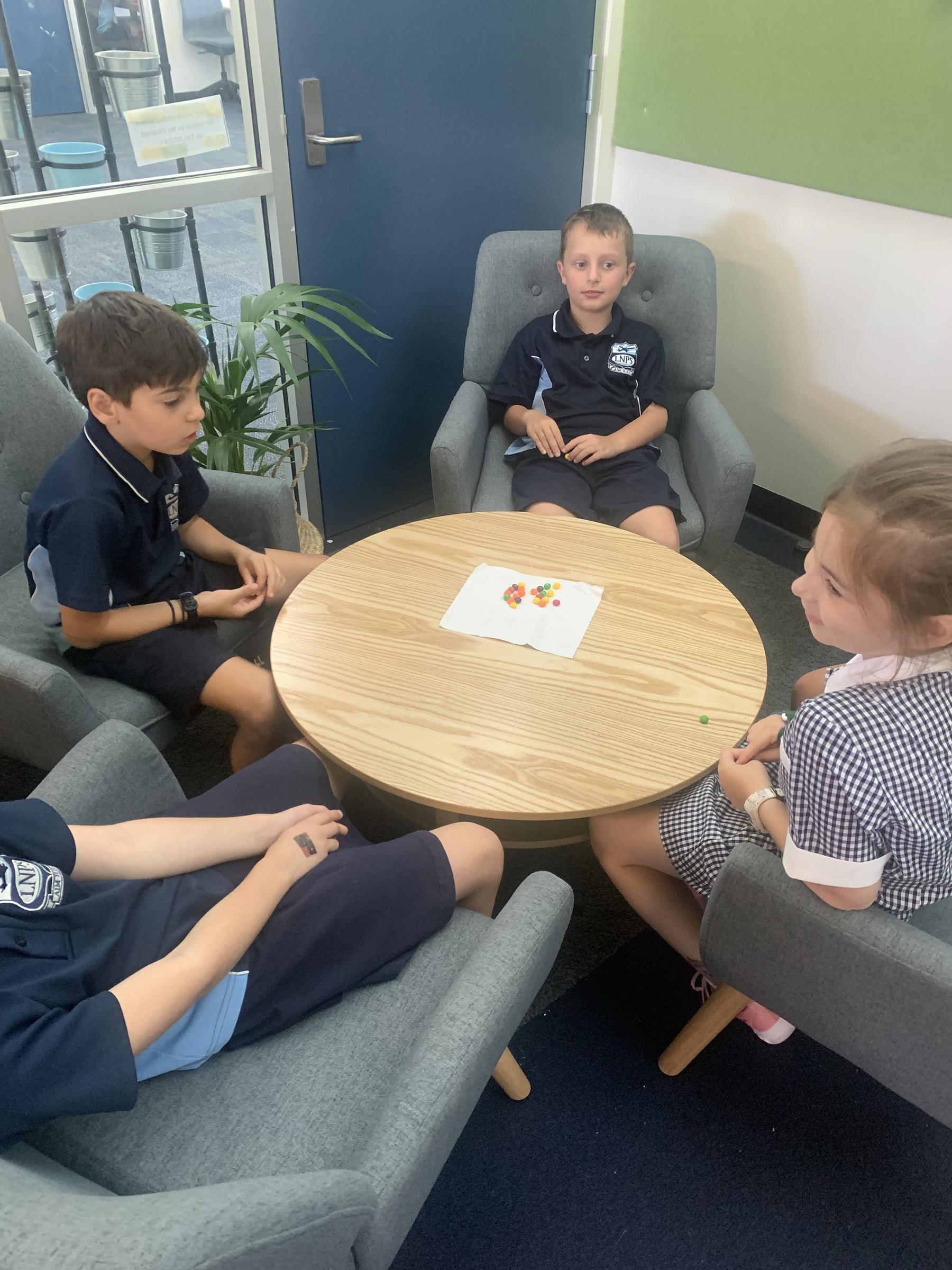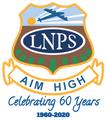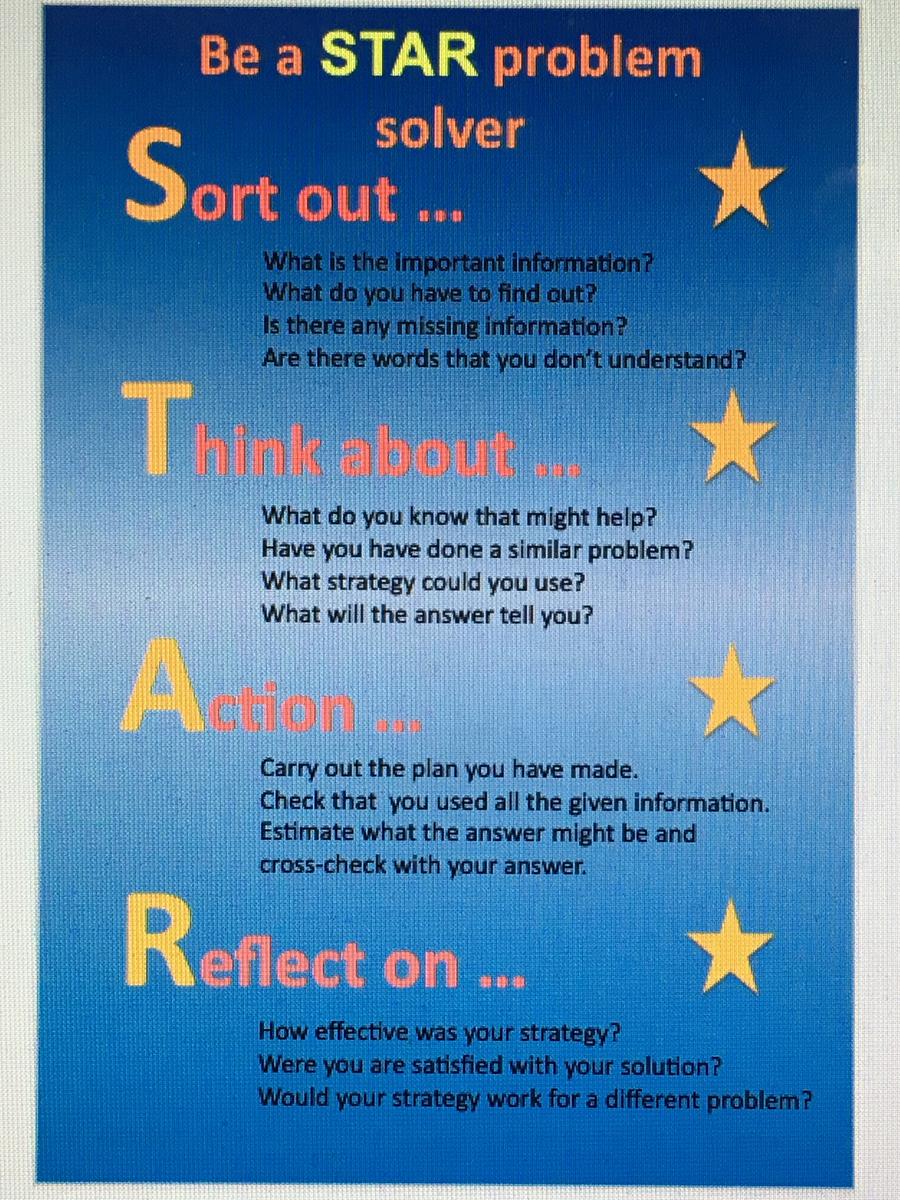English & Mathematics

English
The study of English helps create confident communicators, imaginative thinkers and informed citizens. Through English, individuals learn to analyse, understand, communicate and build relationships with others and with the world around them. English plays a key role in the development of reading and literacy skills which help young people develop the knowledge and skills needed for education. It helps them become ethical, thoughtful, informed and active members of society. Students will develop knowledge, understanding and skills in listening, reading, viewing, speaking, writing and creating through the study of English.
Writing
The writing program this semester will include Narrative and persuasive text types. Through these texts, students will be able to express creative ideas, develop vocabulary, explain and justify points of view.
Through daily writing tasks, students will be able to focus on the conventions of writing such as punctuation, paragraphing and sentence structure. They will be provided with opportunities to refine proof-reading and editing skills which complete the writing process.
Reading
Reading has always been an important life skill. In our modern world it is more important than ever.
As part of our homework policy, students are expected to read nightly and record their reading. Year 2s and 3s need to record this in their reading diary and year 4s to record in their homework evidence. The aim of regular reading is not for children to read more difficult books as quickly as possible, but rather to enjoy reading and practise some of the skills and strategies they have learnt at school.
Students will engage in a variety of experiences where they will be responding to literature through 'Read Aloud' sessions (class novel), Literature Circles (small shared reading groups), Year 2 Initial Lit, and CARS & STARS (online reading comprehension program). CARS & STARS recognises 12 comprehension reading strategies that we then categorised as being Here, Hidden or Head style questions. The students will develop their understanding and application of these strategies during our English Block.
Students will be involved in a reading conference with their teacher. Reading conferences allow the teacher to monitor students' reading, and provides formative data about the students' progress and their meaning making; including their level of reflection and reading strategies. Identifying student’s successes and difficulties during the actual act of reading is crucial in order to provide the most appropriate teaching and learning experiences for individuals.
Premier's Reading Challenge
Students are encouraged to participate in the 2021 Premier's Reading Challenge. The Challenge requires students to read 12 books between the beginning of the school year and early September. The books read need to be recorded on the official Student Reading Record sheet.
Website link -
https://premiersreadingchallenge.sa.edu.au/
Initial LIT
Year 2 students will be continuing on with InitiaLit 5 days a week, with lots of revision and ensuring no gaps in the children’s skill. The focus of InitiaLit-2 shifts to reading comprehension and spelling. All children will be closely monitored during lessons and practice activities, to quickly and easily pick up children who may need extra support or extension
Mathematics
Mathematics at Lockleys North is an active hands on process where students build their mathematical understanding through discussion and interactive workshops. Students will be encouraged and supported to take risks with their learning. They will learn to persevere with new or different and more efficient ways of thinking and problem solving. They will understand that mistake making is an important part of their learning, we call this having a Growth Mindset.
The way we programme learning ensures students have repeated opportunities to revisit concepts which supports those who need multiple exposure and repetition. Those who have mastered a concept have opportunities to apply and stretch their learning in a variety of ways. Learning will be a mixture of hands on tasks, book work and using their Chromebook.
Mathematical investigative tasks will be planned,allowing students to demonstrate the application of mathematical knowledge and strategies with entry points for all students.
This semester, students will continue developing their understanding of place value and learn about larger whole numbers. This should enable them to transfer their mathematical thinking into accurately measuring and calculating quantities and amounts. In addition, deepening their understanding of whole numbers will assist investigations into sharing and fractions. Making sure students have a solid understanding of place value is essential at the beginning of the year as it is the foundation of all mathematics. Students will also undertake problem solving relating to number. They will use the S.T.A.R. acronym to remind them of the steps to take when solving a problem.
Students are working towards developing and using efficient strategies for making calculations. These are called the Secret Code Strategies. Doubling, halving, landmark numbers, count on and chunking are some of the essential strategies that students in Years 2, 3 and 4 need to understand and use proficiently.
Students will be part of a Secret Code workshop, where they will be practising these skills. As part of their homework they are encouraged to practise these skills at home. To assist our students to build onto their Secret Code strategies and their fluency with numbers, they may be enrolled in online maths programs like Numerical Acumen and Essential Assessment.

